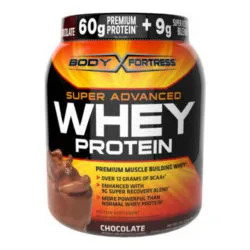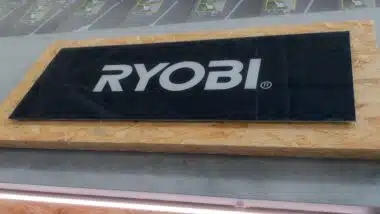 Consumers in a class action lawsuit against protein supplement maker NBTY may continue to bring some of their claims but only over products they actually purchased, according to a federal judge’s order.
Consumers in a class action lawsuit against protein supplement maker NBTY may continue to bring some of their claims but only over products they actually purchased, according to a federal judge’s order.
U.S. District Judge Manish S. Shah dismissed some of the claims raised by plaintiffs Ryan Porter and Haarin Kwon, who say defendant NBTY Inc. and its subsidiaries have been overstating both the quantity and quality of protein in their Body Fortress and MetRx protein supplement products.
Judge Shah dismissed the plaintiffs’ claim for breach of express warranty because they failed to provide the defendants with the notice of breach required to make such a claim.
“[P]laintiffs do not allege that they provided defendants with pre-suit notice. They allege that someone else did, and they give no information on where that person bought the product or his relationship to plaintiffs,” the judge said.
The judge also dismissed the plaintiffs’ claims for unjust enrichment under New York law as duplicative of other claims they raised under state consumer protection statutes.
Judge Shah further dismissed claims over the defendants’ Body Fortress Super Advanced Whey Isolate and Met-Rx MyoSynthesis Whey, because the plaintiffs did not allege they ever purchased those products.
Instead, they included them among the products at issue because they are “substantially similar” to the product they did purchase – namely, Body Fortress Super Advanced Whey Protein. Because of the similarity, plaintiffs claimed standing to represent Class Members who did purchase those other products.
Judge Shah rejected that argument. He said that without having purchased those particular products, the plaintiffs could not have been injured by them and therefore could not claim the bare minimum standing required to bring a legal claim over them.
Porter filed this false advertising class action lawsuit in December 2015 and was later joined as a plaintiff by Kwon. The two claim that protein supplements Body Fortress Super Advanced Whey Protein, Body Fortress Super Advanced Whey Isolate and Met-Rx MyoSynthesis Whey are all mislabeled in a way that misrepresents both the quality and amounts of their ingredients.
They allege that Body Fortress protein supplements are advertised as containing 60 grams of protein per serving. But as the plaintiffs discovered later, that 60 grams is only partly protein, they claim. The rest allegedly consists of free-form amino acids and other non-protein ingredients.
The plaintiffs claim the exaggerated numbers result from a practice called “protein spiking.” Protein spiking takes advantage of the fact that protein content can be measured indirectly by measuring nitrogen content. Adding nitrogen-bearing non-protein ingredients can falsely inflate that protein measurement, they say.
As originally proposed, the plaintiff’s Class would represent all persons in the U.S. who purchased the products at issue. Following Judge Shah’s dismissal, those products are now limited to Body Fortress Super Advanced Whey Protein.
They seek an award of damages, restitution and disgorgement of funds gained through the defendants’ allegedly unlawful activities, plus reimbursement of court costs and attorneys’ fees. They also seek an injunction forbidding NBTY from continuing the practices complained of.
The plaintiffs are represented by attorneys Joseph J. Siprut, Richard L. Miller II and Richard S. Wilson of Siprut PC, Philip L. Fraietta and Frederick J. Klorczyck III of Bursor & Fisher PA, and Nick Suciu III of Barbat Mansour & Suciu PLLC.
The Body Fortress Mislabeling Class Action Lawsuit is Ryan Porter, et al. v. NBTY Inc., et al., Case No. 1:15-cv-11459, in the U.S. District Court for the Northern District of Illinois.
ATTORNEY ADVERTISING
Top Class Actions is a Proud Member of the American Bar Association
LEGAL INFORMATION IS NOT LEGAL ADVICE
Top Class Actions Legal Statement
©2008 – 2025 Top Class Actions® LLC
Various Trademarks held by their respective owners
This website is not intended for viewing or usage by European Union citizens.














